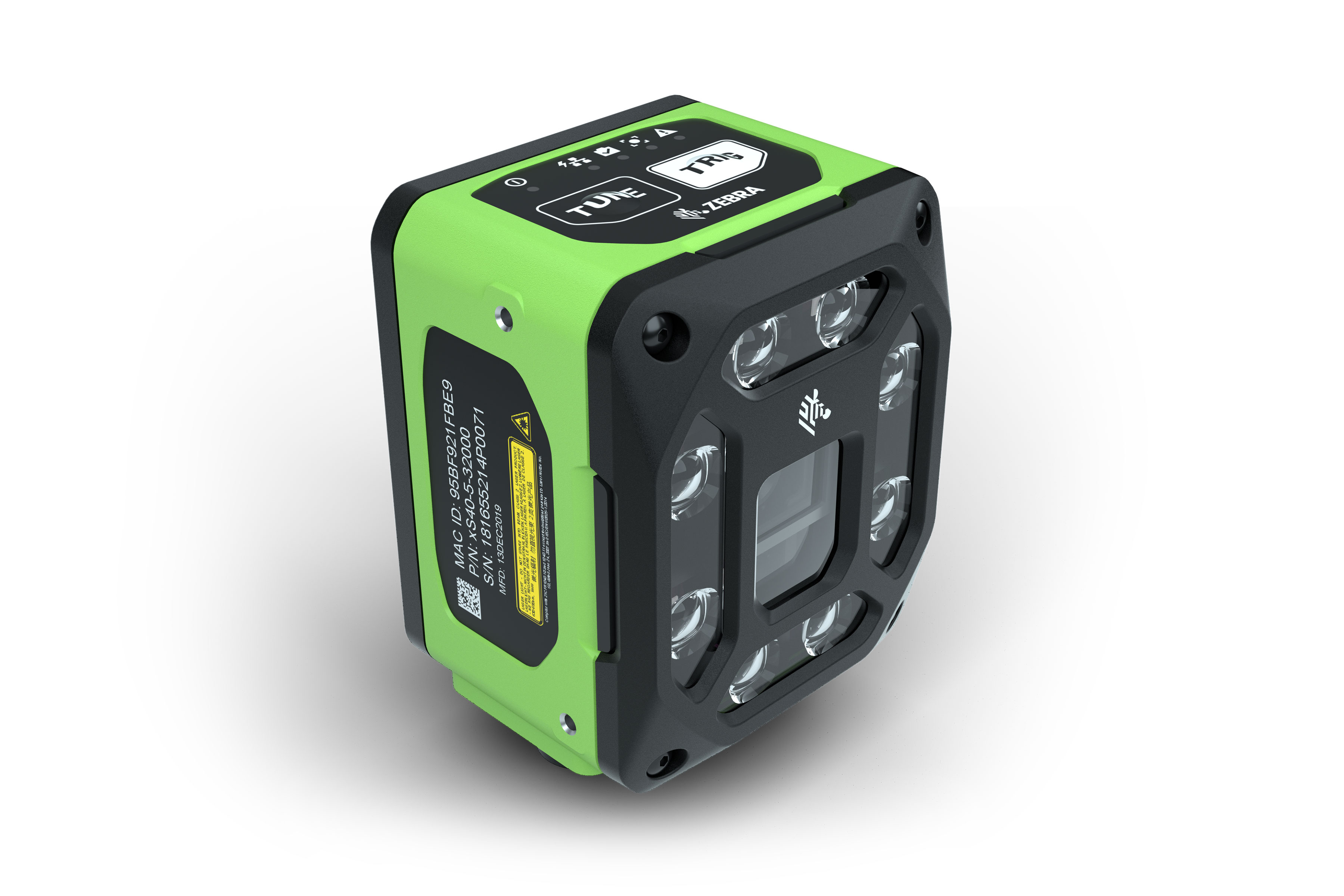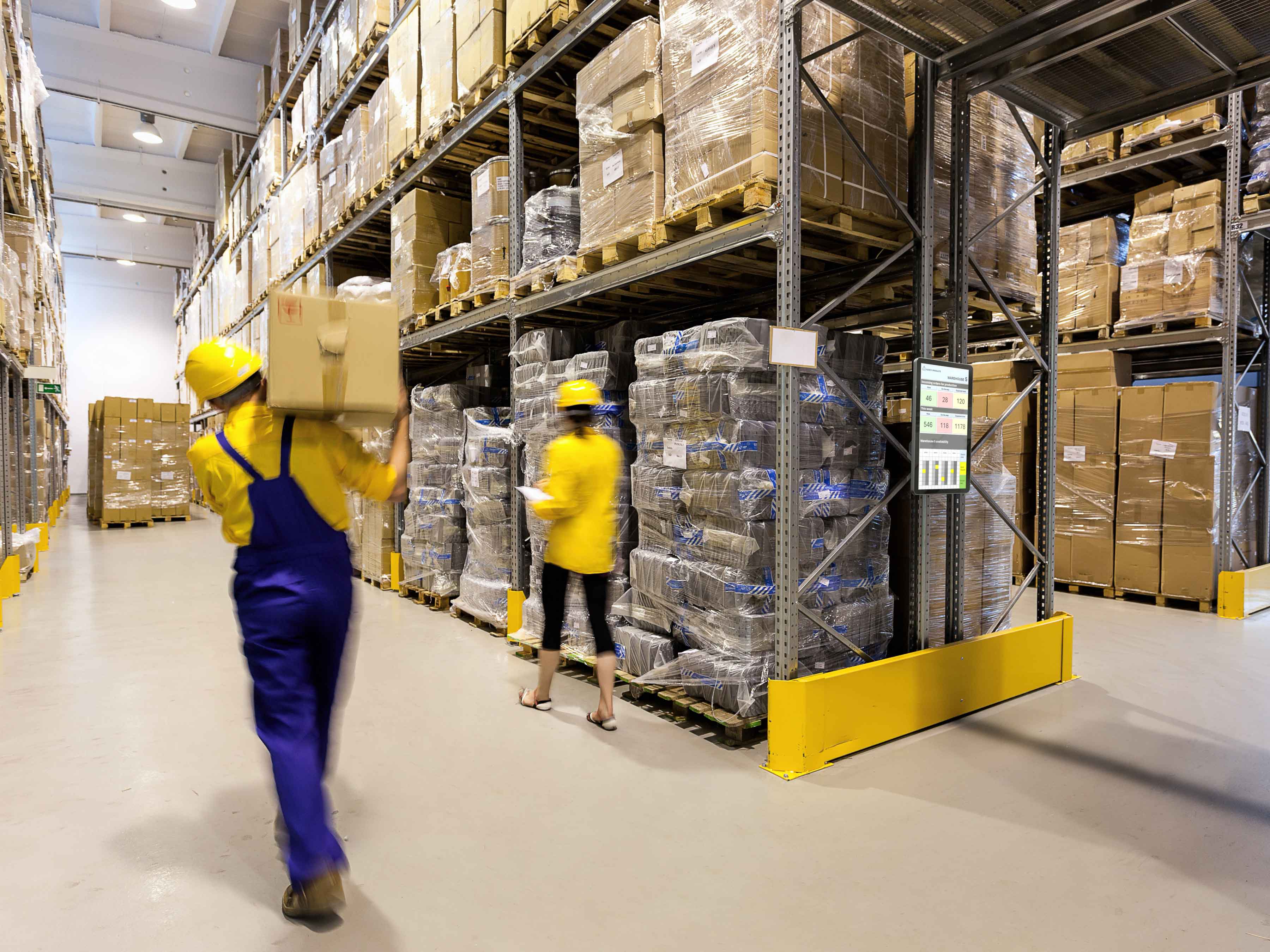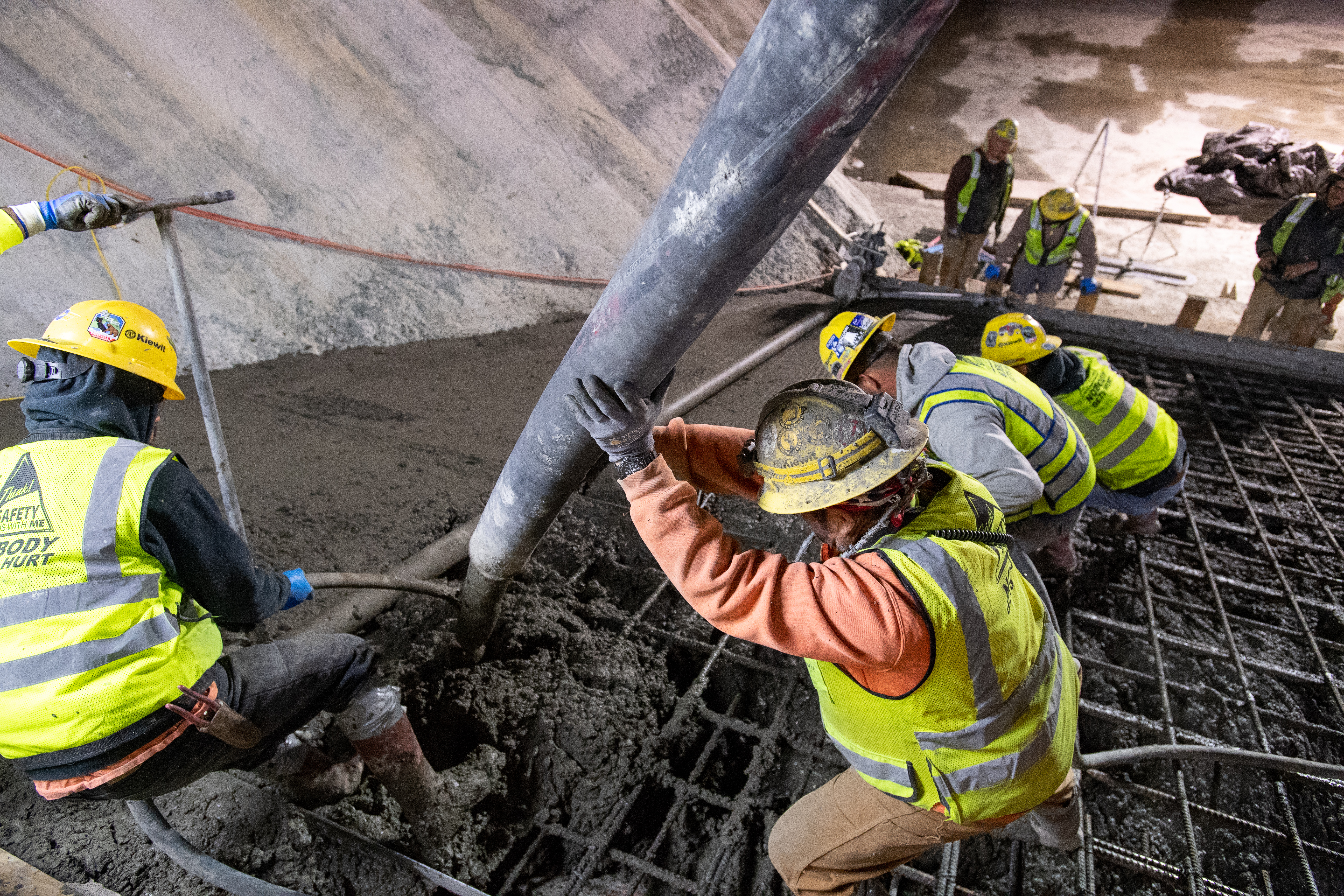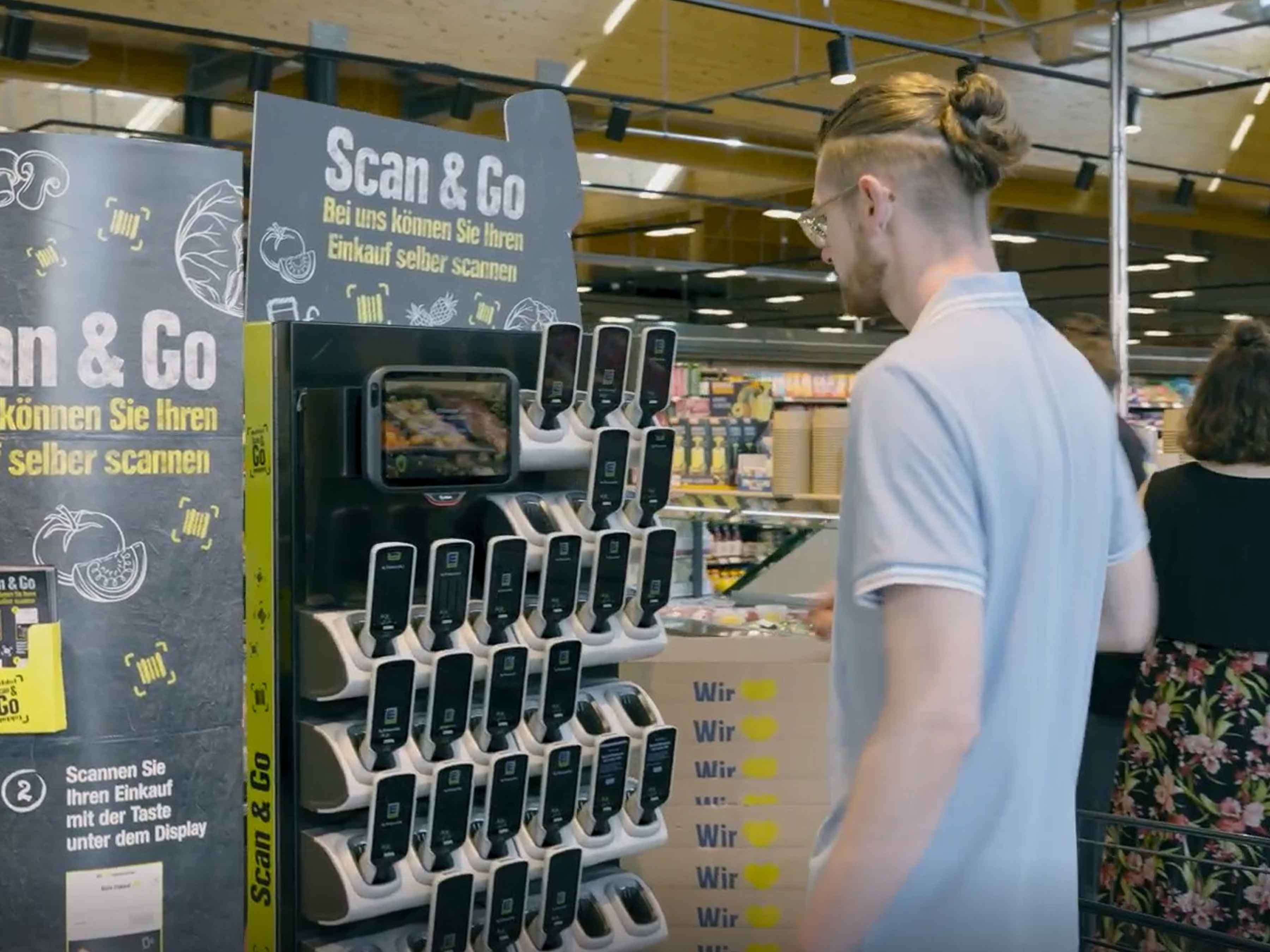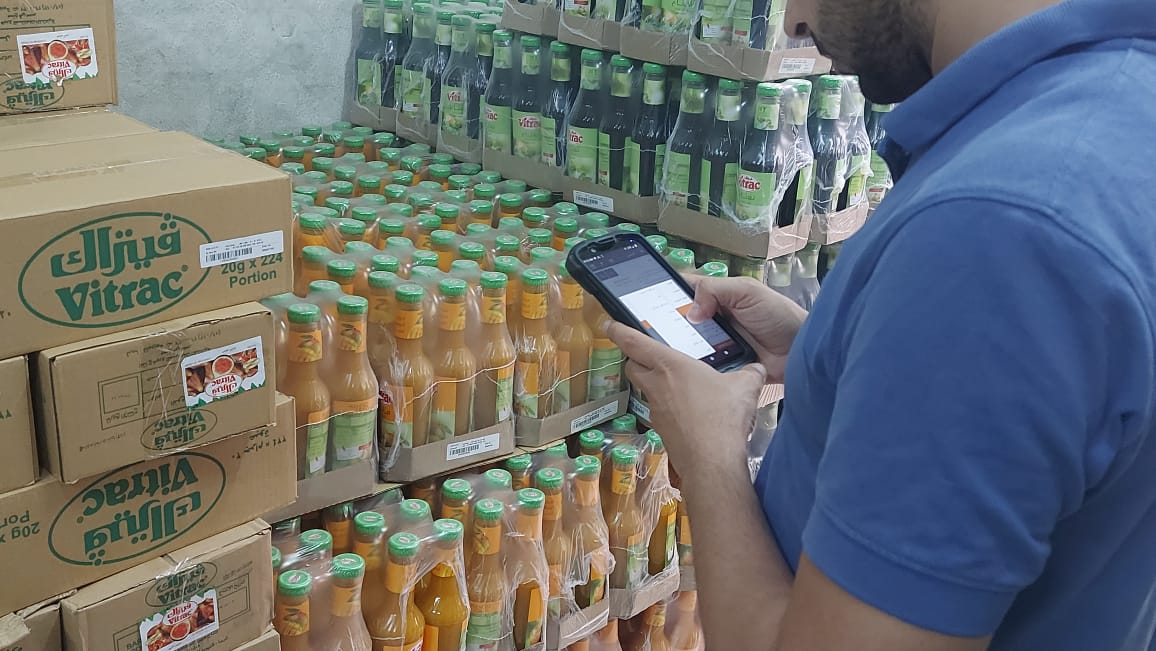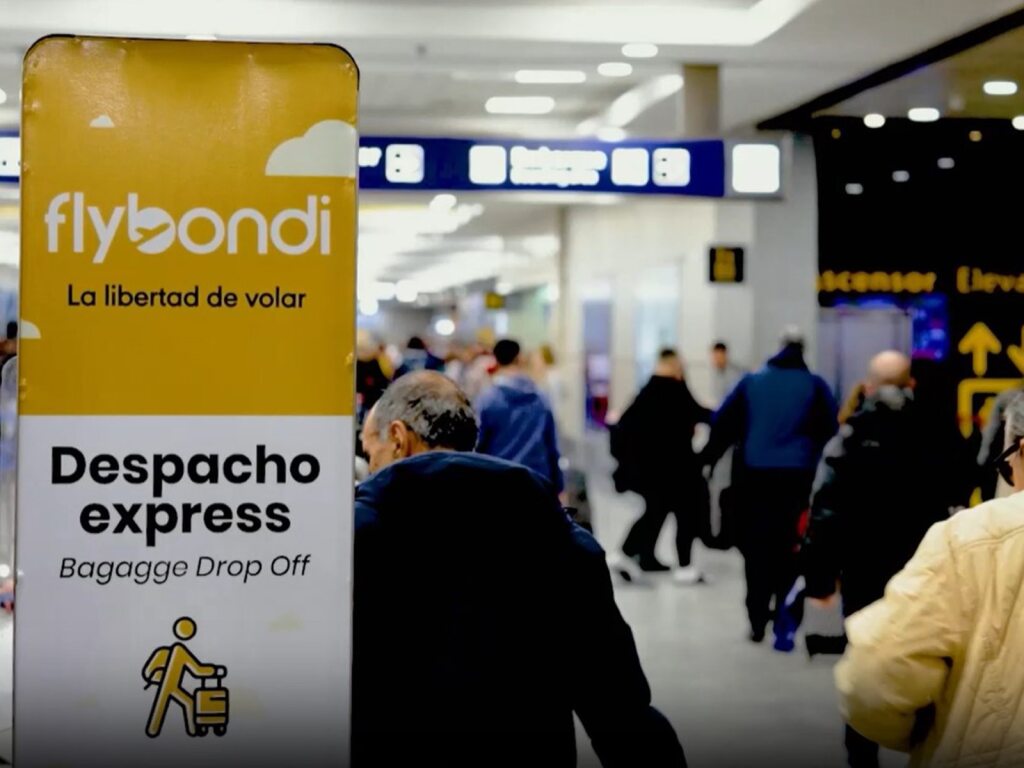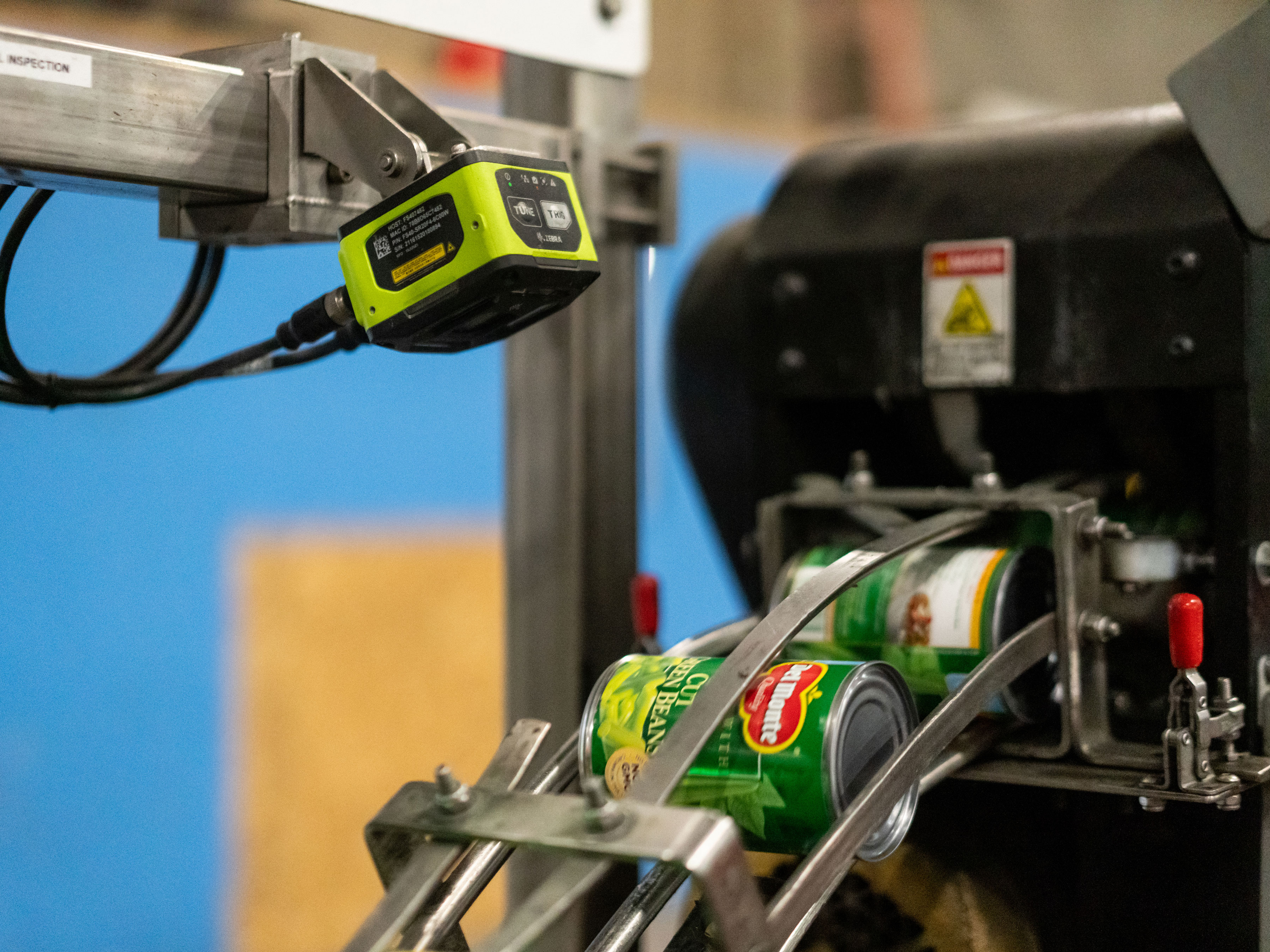
Del Monte Improves Packaging Accuracy with Zebra's Fixed Industrial Scanning and Machine Vision Solution
As a renowned producer of packaged fruits and vegetables, Del Monte has a long-standing reputation for quality. In an industry where minor issues can lead to significant production setbacks and customer dissatisfaction, Del Monte turned to a fixed industrial scanning and machine vision system to help ensure quality control.
Zebra Success Story: Del Monte Foods
Overview: Manufacturing Challenge
Del Monte turned to an automated inspection process to avoid production setbacks due to labeling inaccuracies, potential health risks for consumers and hefty retailer fines due to non-compliance. The adoption of Zebra's AI and machine learning technologies, in collaboration with Tensor ID, has improved its production line and helped safeguard Del Monte's commitment to quality and consumer safety.
Benefits / Outcomes
- Reduced manual labor as the advanced system allows for digital adjustments from the Aurora Focus interface
- Decreased paperwork and the likelihood of human error
- Enabled real-time line adjustments without incurring production interruptions
Customer
Del Monte Foods
Walnut Creek, California/USA
Partner
Industry
Manufacturing
Solutions
About Del Monte Foods
In the heart of Del Monte’s facility, an impressive stream of over a thousand cans of vegetables glide over the conveyor lines every minute. This remarkable productivity is a stark contrast to the past, where even minor issues could lead to significant production setbacks and customer dissatisfaction. But today stands different; it’s a new era for Del Monte, where cutting-edge fixed industrial scanning and machine vision systems are helping to transform the company’s production processes.
Engineered by Tensor ID, a Zebra Business and Registered Alliance Partner, the state-of-the-art system incorporates a mix of TensorVision360 GUI, Zebra’s FS40 fixed industrial scanners and CV60 machine vision cameras, all seamlessly integrated with the intuitive Aurora software platform for straightforward setup, deployment and management.
“The Del Monte system now inspects 100% of labels and all the Optical Character Recognition (OCR) print on cans to confirm a 100% match, and it does it instantaneously,” remarks Alan Eddy, Tensor ID’s Machine Vision Specialist. This leap in technology has bolstered Del Monte’s operational efficiency, slashed downtime, improved compliance and cut costs while achieving a near-perfect accuracy rate in packaging inspection.
The Challenge
Dan Tauferner, Del Monte’s Continuous Improvement Manager, paints a vivid picture of the transformation from the early machine vision systems: “Gone are the days when our operators juggled with knobs and settings to get the right focus and alignment. With TensorVision360 software and Zebra’s innovative cameras, we’ve automated the process, end to end with real-time quality inspection and data.” Zebra’s FS40 fixed industrial scanners have taken over the laborious task of manual adjustment, auto-compensating for focus and aperture, reducing the need for human intervention.
The implications of technological efficiency extend beyond just operational metrics; they touch upon the vital realm of consumer health and the company’s reputation. Emphasizing the gravity of potential labeling errors, Tauferner explains, “The real danger lies in the potential of a labeling error reaching the consumer.” The stakes are high, as any mislabeling or packaging could expose consumers to errors resulting in fines, trigger product recalls or invite litigation. Retailer fines for such oversights can be hefty, driving home the point that Del Monte’s commitment to precision is not merely about operational efficiency but is intrinsically linked to consumer safety and safeguarding the brand’s integrity.
Gone are the days when our operators juggled with knobs and settings to get the right focus and alignment. With TensorVision360 software and Zebra’s innovative cameras, we’ve automated the process, end to end with real-time quality inspection and data.
The Solution
Del Monte’s inspection process is split into three meticulous stages, ensuring the highest quality control from start to finish. TensorVision360 software orchestrates the labeling process, while Zebra scanners and machine vision cameras meticulously inspect and confirm the legibility and correctness of product codes, matching each can with its appropriate label to guarantee that every product is correctly identified before it moves down the line.
Initially, the Zebra CV60 machine vision cameras with Aurora Design Assistant Software™ confirm the ‘variety code’ on each can before label application. Next, as the cans move down the conveyor, the Zebra FS40 fixed industrial scanner camera inspects each label for precision. In the final stage, the FS40 fixed industrial scanner checks that multipacks, ready for shipment, have matching codes and labels. This seamless process ensures accuracy from start to finish as products head to distribution.
Tensor ID has orchestrated a symphony of innovation, where deep learning and artificial intelligence harmonize to set a new standard in adaptability. The innovative system deftly navigates the complexities of code deciphering, which is crucial when contending with the myriad of printing standards from various comanufacturers. Tauferner notes, “The breadth of coding variations our technology greatly reduces waste and now reads uniform quality and consistency across our entire product range.”
The leap in imaging technology is equally striking. Zebra’s latest cameras have sharply elevated image resolution, fortifying 1D and 2D imaging capabilities. This advancement heralds a new age where even the most minor irregularities are accounted for, allowing real-time adjustments without halting the production line. What used to require laborious manual corrections is now a matter of a few swift digital adjustments.
The Zebra Difference: Outcome and Benefits
Del Monte’s adoption of Tensor-Zebra technology has heralded a new era of efficiency and safety in its operations, fundamentally transforming the day-today experience of its workforce. The advanced system has significantly reduced the manual labor required for equipment troubleshooting and adjustments. “Previously, an out-of-focus barcode, label or container ID would require that a worker manually refocus and retune the lenses. Now focus is corrected automatically and changes can be made digitally from the Aurora Focus interface,” explains Tauferner, detailing the shift to a more streamlined digital workflow.
This technological leap has also accelerated the process of switching product lines, making it possible to quickly summon the correct matching codes and labels, thereby reducing paperwork and quality checks. The smart system has proven to be fail-safe, preventing costly conveyor line interruptions and decreasing the likelihood of human error. “The system has allowed integration with our MES and simplified the process, which reduces opportunities for someone to make a mistake,” Tauferner notes, indicating the new system’s precision.
The transition to digital controls at Del Monte has significantly elevated safety standards within the workplace. By reducing the need for manual intervention with equipment—a frequent factor in workplace incidents—a more secure and injury-free environment has been cultivated. “Any over processing and motion increases potential risk for injury when someone directly handles equipment, stops the line or has to rework a product,” Tauferner emphasizes, underscoring the safety benefits of the new system.
The user-friendly nature of the technology is encapsulated in the innovative “red light, yellow light, green light” tutorials in Aurora Focus, which provide visual, step-by-step instructions that facilitate quick learning for employees, regardless of language.
As Del Monte concludes its pilot year with the new system, the results speak volumes: fewer labeling issues, reduced retailer fines and diminished worker stress, all contributing to offsetting the initial costs of the system’s implementation.
Del Monte’s expansion into the digital realm is more than a shift in operations—it’s a reaffirmation of its century-old promise of quality. The company’s technological journey has masterfully intertwined this enduring commitment with the transformative power of modern technology, ensuring every label, every print and every package is nothing short of perfection.
